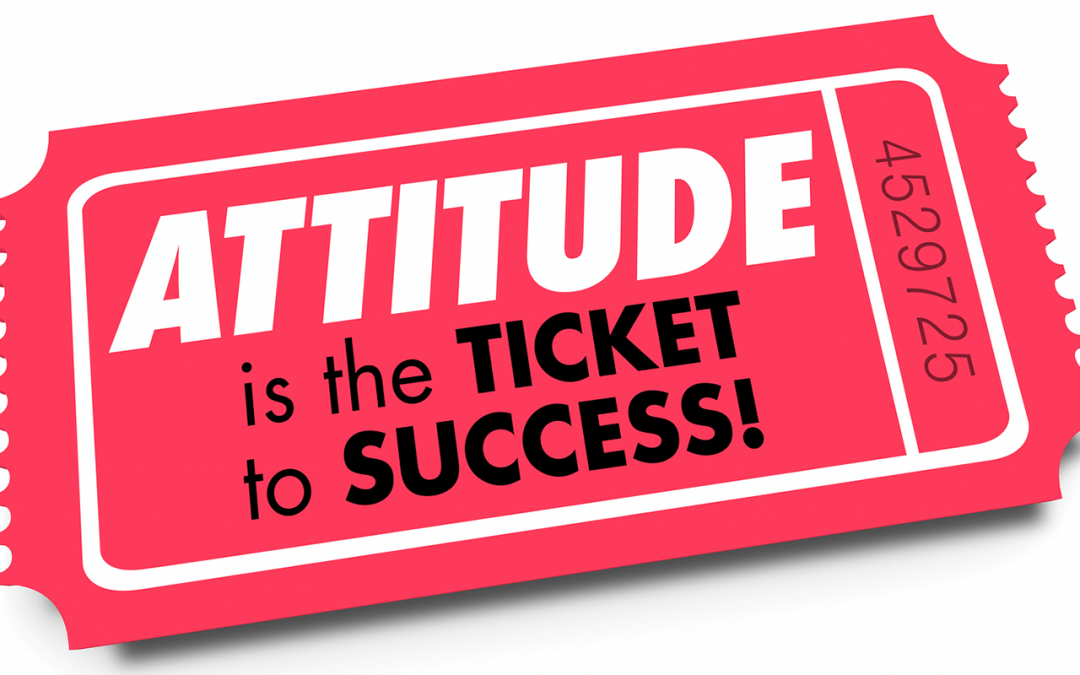The most important part of any time management program is not the list of ideas or techniques issued to the participants. It is the portion that convinces the individuals that they do, in fact, have choices. That they can control certain aspects of their job and life, and that they are the ones responsible for initiating that control.
If people are convinced that time management training will not help them, it will not. It is a self-fulfilling prophecy. Great ideas can be within their grasp, but they will not even reach for them because they are convinced that they will not do one bit of good.
There was an experiment conducted long ago that involved a large pike swimming around in a tank surrounded by minnows which he gobbled up as he became hungry. Then a glass partition was introduced, separating the pike from his food. Every time he would grab for a minnow, he would only succeed in banging his snout against a glass wall. Soon he came to realize that going after the fish was futile, and he stopped trying. Then the glass partition was removed, and the minnows could swim about in the tank as before. The pike knew better than to try to eat them, however, and slowly starved to death amid all that food.
The pike’s reality was in his mind, but it prevented him from taking advantage of all that food. Similarly, many people have an incorrect view of reality that results in failure to take advantage of opportunities that may be obvious to others. If they believe they have no control over their lives, they are right. We are all impacted and shaped in some way by our past experiences. And like the pike, we sometimes miss opportunities even though the situation or environment has changed in the interim.
Feeding time management techniques to someone who will not use them is futile. You must first show by example how they do have a degree of control over their lives. The ideas, techniques and systems are secondary.
Although my prime interest in attitude was the impact it had on improving time management practices through a positive approach to change, its usefulness is far greater. A good attitude is not only important because it motivates you to make changes and apply different ideas to your job and life. It also improves your working relationships, encourages coworkers and others, reduces stress, improves your leadership skills, accelerates personal growth in your career, and even impacts your health and well-being.
Your attitude is more than just your personality. It involves positive thinking, a sense of humor, happiness, mindfulness, and more. And it is not just something you have or do not have. It can be developed and improved by the power of your mind.
David rock, author of Your brain at work, says that one of the most common concerns he hears from organizations is that the more technical their people are, the worse their social skills seem to be. And the 2018 Labor Day survey indicated that 49% of Americans are dissatisfied with their jobs. Employees who are unhappy at work slack off in hard to detect ways and are less likely to generate their share of new ideas. There is a need for a more positive outlook on the part of all members of an organization.
In the next few blog articles I will discuss ways of imparting a more positive attitude to others in your organization so that they are motivated to try new ideas, and are receptive to information, training and suggestions on managing their time and their lives with a more positive outlook.
Successful People Read. A Lot.
What do Warren Buffett, Mark Zuckerberg, Elon Musk and Oprah Winfrey have in common? They all read - a LOT! If you want to be successful you need to read. We have over 30 short ebooks designed to get you booked up fast!



Recent Comments